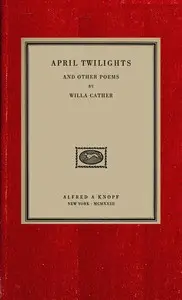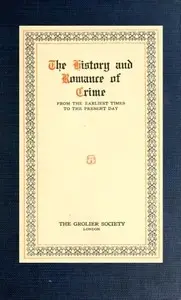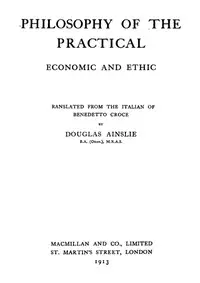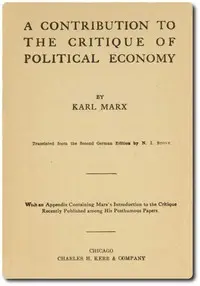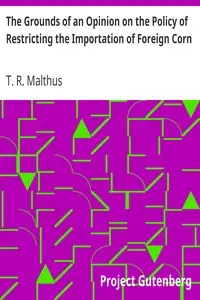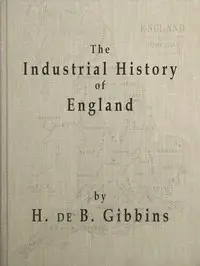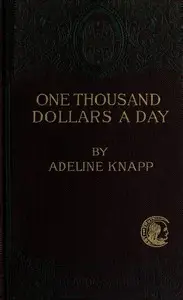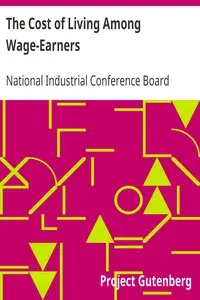"Progress and Poverty, Volumes I and II" by Henry George is a seminal economic treatise written in the late 19th century. The work explores the paradox of increasing wealth alongside persistent poverty, delving into the causes behind industrial depressions and proposing remedies for the social injustices arising from wealth distribution. George's central thesis is that the unequal distribution of land and resources creates economic disparities, and he advocates for land reform to rectify these injustices. At the start of the book, the author lays the groundwork for his inquiry by reflecting on the significant advancements in productivity achieved through technology and industrialization. Despite these advancements, George notes the growing contradiction of rising poverty amidst increasing wealth. He critiques the prevailing economic theories that fail to adequately explain this paradox and lays out a plan for a thorough examination of labor, wages, and capital. Through a methodical approach, George aims to uncover the underlying truths of economic relationships and propose solutions to uplift the laboring class, ultimately advocating for a rethinking of property rights in land to foster greater equity and social welfare. (This is an automatically generated summary.)
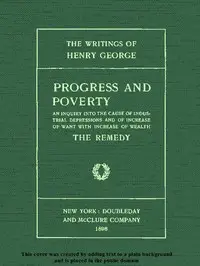
Progress and Poverty, Volumes I and II An Inquiry into the Cause of Industrial Depressions and of Increase of Want with Increase of Wealth
By Henry George
"Progress and Poverty, Volumes I and II" by Henry George is a seminal economic treatise written in the late 19th century. The work explores the parado...
Free Download
Overview
About the Author
Henry George was an American political economist and journalist. His writing was immensely popular in 19th-century America and sparked several reform movements of the Progressive Era. He inspired the economic philosophy known as Georgism, the belief that people should own the value they produce themselves, but that the economic value of land should belong equally to all members of society. George famously argued that a single tax on land values would create a more productive and just society.
Total Reviews
10.0k
Total reviews from Goodreads may change




